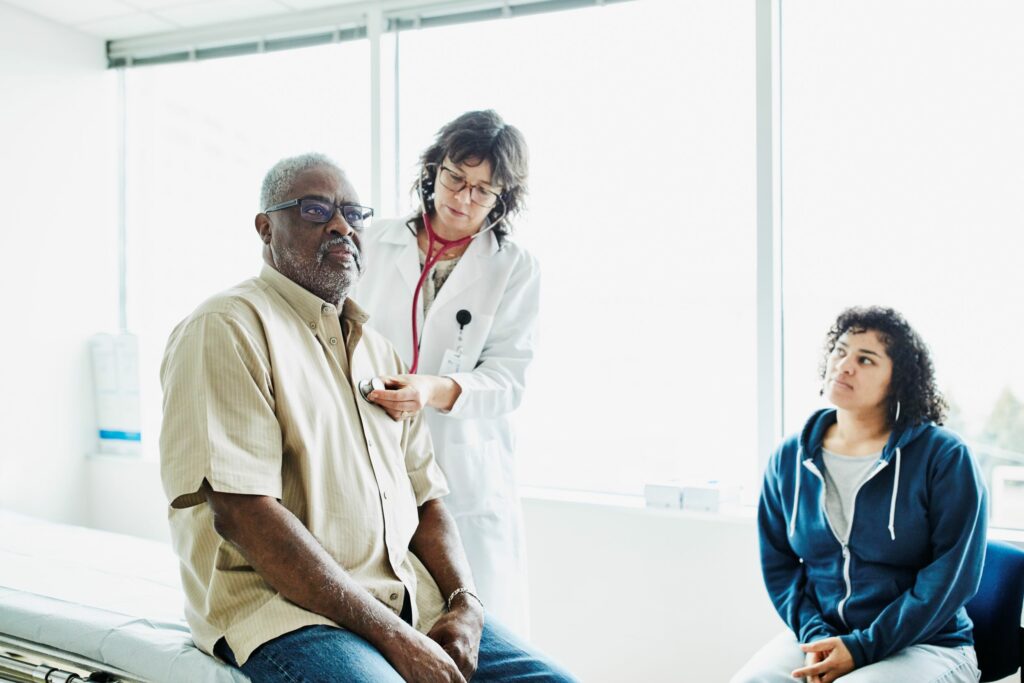
Clinical trials play a crucial role in advancing medical research and bringing innovative treatments to patients. However, in recent years, there has been a growing concern about the lack of diversity in clinical trials. Many trials have struggled to attract participants from underrepresented populations, leading to potential biases in the results and limited access to new treatments for certain communities. In Georgia, paid clinical trials are breaking barriers and changing the game by actively involving diverse participants and ensuring equal access to healthcare innovations.
One of the main barriers to participation in clinical trials is the lack of awareness and information. Many people from marginalized communities are not aware of the opportunities to participate in research studies and the potential benefits they can gain from them. By offering compensation for participation, paid clinical trials in Georgia can attract a more diverse pool of participants. Compensation can alleviate some of the financial burdens associated with participating in a trial, such as transportation costs and time away from work. This incentive enables individuals who may have otherwise been unable to participate to have equal opportunities to contribute to medical research.
By actively involving diverse participants, paid clinical trials in Georgia are also addressing the issue of underrepresentation in medical research. Historically, certain populations, such as racial and ethnic minority groups, have been underrepresented in clinical trials. This underrepresentation can lead to disparities in healthcare outcomes and limited understanding of how various treatments affect different populations. Paid clinical trials in Georgia are actively recruiting participants from underrepresented communities, ensuring that research findings are applicable and beneficial to a wider range of individuals.
In addition to addressing underrepresentation, paid clinical trials in Georgia are also challenging the traditional power dynamics within medical research. Traditionally, medical research has been led by professionals who dictate research questions, study designs, and treatment approaches. However, paid clinical trials in Georgia are actively involving participants in the research process. This means that participants have a voice in shaping the research questions, providing input on study designs, and even participating in the dissemination of research findings. By giving participants a more active role, paid clinical trials empower individuals and promote a more patient-centered approach to healthcare.
Furthermore, paid clinical trials in Georgia are also contributing to the overall advancement of medical knowledge. By involving a diverse pool of participants, researchers can gather more comprehensive and representative data. This data can help identify potential differences in treatment responses, adverse effects, and long-term outcomes across different populations. By understanding these nuances, healthcare professionals can tailor treatments to specific populations and ensure that they are effective and safe for everyone.
Although paid clinical trials in Georgia have made significant progress in breaking barriers and addressing healthcare disparities, there is still more work to be done. Continued efforts are needed to raise awareness about the importance of participation in clinical trials and the potential benefits individuals can receive. Additionally, initiatives should be implemented to actively involve underrepresented communities in the research process and provide them with the necessary resources and support to participate.
In conclusion, paid clinical trials in Georgia are revolutionizing the field of medical research by breaking barriers and ensuring equal access to healthcare innovations. By actively involving diverse participants, addressing underrepresentation, challenging traditional power dynamics, and contributing to the advancement of medical knowledge, these trials are paving the way for a more inclusive and patient-centered approach to healthcare.
